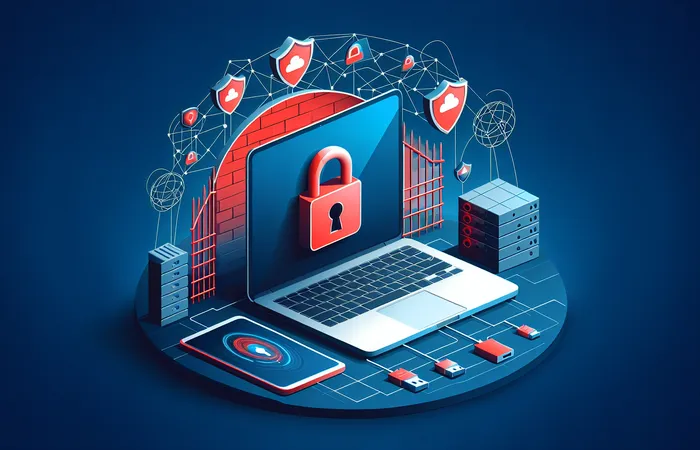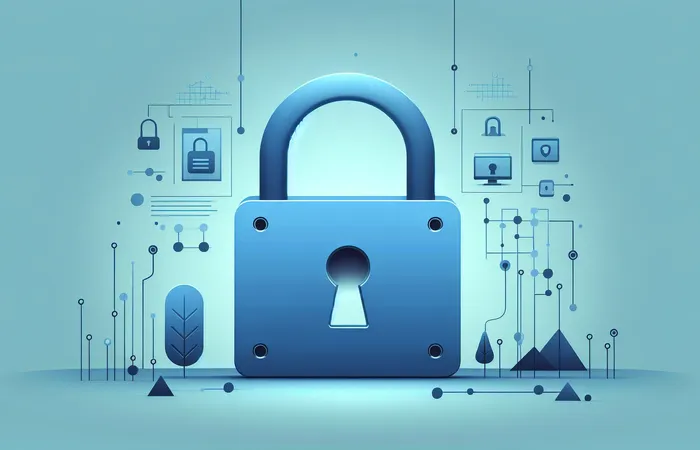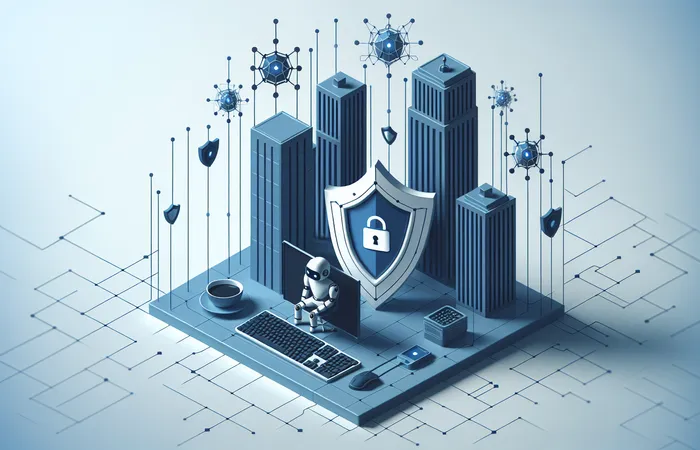Understanding Ransomware: Prevention Strategies and Response Tips

Ransomware attacks have been on the rise in recent years, causing significant damage to organizations of all sizes. Understanding how ransomware works and implementing effective prevention strategies is crucial in protecting your data and systems. In this article, we will delve into the world of ransomware, its impact, prevention tips, and response strategies.
What is Ransomware?
Ransomware is a type of malicious software that encrypts the victim's files and demands payment in exchange for the decryption key. These attacks can be devastating for businesses, as they can result in data loss, financial damage, and reputational harm. Ransomware typically spreads through phishing emails, malicious websites, or exploiting software vulnerabilities.
The Impact of Ransomware Attacks
Ransomware attacks have become increasingly sophisticated, with cybercriminals targeting high-profile organizations, such as hospitals, government agencies, and financial institutions. The financial implications of a ransomware attack can be staggering, with some organizations facing millions of dollars in losses. Additionally, the reputational damage resulting from a data breach can be long-lasting and difficult to recover from.
Prevention Strategies
Preventing ransomware attacks requires a multi-layered approach that includes robust cybersecurity measures and employee training. Some best practices for preventing ransomware attacks include:
- Regularly updating software and systems: Keeping your software up to date helps to patch vulnerabilities that cybercriminals can exploit.
- Implementing strong security measures: This includes deploying firewalls, antivirus software, and intrusion detection systems to protect your network.
- Educating employees: Training employees on cybersecurity best practices, such as identifying phishing emails and avoiding clicking on suspicious links, is crucial in preventing ransomware attacks.
- Backing up data: Regularly backing up your data and storing it in a secure location can help you recover your files in the event of a ransomware attack.
Response Tips
Despite the best prevention efforts, organizations may still fall victim to ransomware attacks. In such cases, it is important to have a response plan in place to minimize the impact of the attack. Some response tips for dealing with ransomware attacks include:
- Isolating infected systems: Disconnecting infected systems from the network can prevent the ransomware from spreading to other devices.
- Contacting law enforcement: Reporting the ransomware attack to law enforcement agencies can help in investigating the incident and potentially catching the perpetrators.
- Consulting cybersecurity experts: Seeking help from cybersecurity professionals can assist in recovering encrypted data and securing your systems against future attacks.
- Assessing the damage: Evaluating the scope of the attack and assessing the damage can help organizations determine the best course of action for recovery.
Conclusion
Ransomware attacks pose a significant threat to organizations worldwide, with devastating consequences for those who fall victim. By understanding how ransomware works, implementing effective prevention strategies, and having a response plan in place, organizations can better protect themselves against this growing threat. Remember, staying vigilant and proactive in cybersecurity practices is key to mitigating the risks associated with ransomware attacks.



